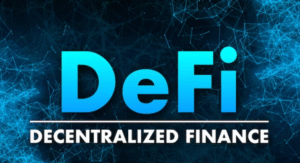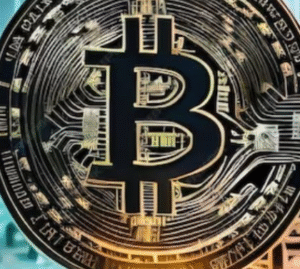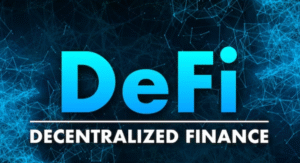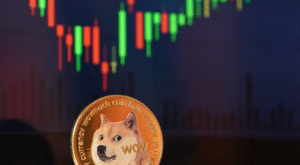$BTC $ETH #DeFi #CryptoNews #Binance #Coinbase #Aave #Uniswap #TradingVolume #TariffImpact #FinancialResilience
How Did DeFi Thrive When Major Exchanges Crumbled Under Tariff Pressure? Discover the Resilience of Decentralized Finance!
In the ever-evolving landscape of finance, recent events have made headlines in the defi news realm. Centralized platforms, including industry giants like Binance and Coinbase, experienced significant outages as trading volumes skyrocketed. In stark contrast, decentralized finance (DeFi) protocols such as Aave and Uniswap managed to process billions of dollars in transactions without a hitch. This juxtaposition highlights the resilience and robustness of decentralized systems amidst external pressures.
The surge in trading activity can be attributed to various factors, including heightened market volatility and investor reactions to economic policies. Notably, Trump’s tariff decisions have sent ripples throughout financial markets, impacting trading behaviors and creating a surge in demand for cryptocurrency transactions. As traders flocked to centralized exchanges, the resulting strain led to glitches, system delays, and downtime. Such disruptions can erode user confidence and highlight the vulnerabilities inherent in centralized systems.
Conversely, DeFi platforms showcased their ability to handle increased demand seamlessly. Utilizing blockchain technology, these platforms operate without intermediaries, allowing for greater transparency and reliability. For instance, Aave and Uniswap not only maintained operational integrity but also continued to deliver value to users through efficient transaction processing and liquidity provision. This resilience under pressure raises crucial questions about the future of finance and the potential shift towards decentralized solutions.
The contrasting experiences of centralized exchanges and DeFi protocols during this period reveal significant insights. Firstly, they underscore the need for improved infrastructure in centralized platforms. As trading volumes grow, exchanges must enhance their systems to accommodate increased activity. Failure to do so may result in the loss of market share to more resilient decentralized alternatives.
Additionally, the events serve as a reminder of the importance of diversification in investment strategies. As the crypto ecosystem evolves, investors should consider allocating a portion of their portfolios to DeFi assets. Engaging with decentralized protocols can provide exposure to innovative financial services that operate independently of traditional market pressures.
Furthermore, the resilience of DeFi has broader implications for the future of financial systems. As regulations and policies evolve, the ability of decentralized finance to withstand shocks can influence investor sentiment and market dynamics. For those interested in the shifting tides of finance, exploring DeFi opportunities may prove beneficial.
For those seeking to engage with the dynamic world of cryptocurrencies, platforms like Binance offer valuable trading opportunities. You can explore their services through this link.
In conclusion, the recent events surrounding tariff announcements and their impact on trading platforms underscore the importance of resilience in financial systems. As DeFi continues to thrive amidst challenges, it becomes increasingly clear that decentralized solutions may play a pivotal role in shaping the future of finance. As we navigate these changes, staying informed about developments in both centralized and decentralized finance will be critical for investors and market participants alike.











Comments are closed.